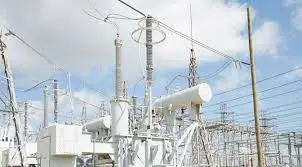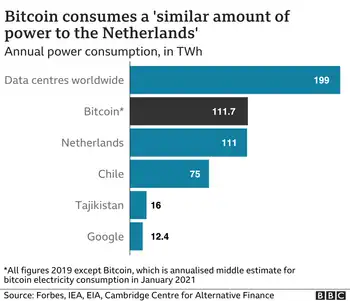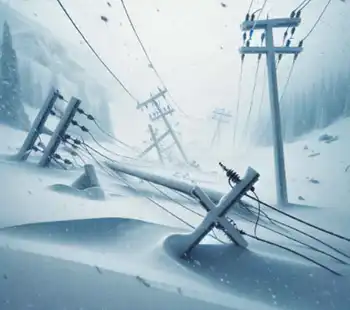Audits aimed toward energy efficiency
By Southeast Farm Press
NFPA 70e Training - Arc Flash
Our customized live online or in‑person group training can be delivered to your staff at your location.

- Live Online
- 6 hours Instructor-led
- Group Training Available
Reducing energy use on Americas farms and ranches will not only help our agricultural producers become more profitable, but also help the United States become more energy independent, said Vilsack. Through this initiative, producers will be able to receive individual onfarm energy audit evaluations and assistance with implementation of energy conservation and efficiency measures.
Approximately 1,000 onfarm energy audit evaluations in 29 states will be funded by $2 million through the Environmental Quality Incentives Program EQIP in fiscal year 2010. The energy audits will be individually tailored to ensure coverage of each farms primary energy uses such as milk cooling, irrigation pumping, heating and cooling of livestock production facilities, manure collection and transfer, grain drying, and similar common onfarm activities.
Participating states include: Alabama, Arizona, Arkansas, California, Colorado, Connecticut, Florida, Georgia, Idaho, Louisiana, Maine, Maryland, Massachusetts, Mississippi, Nevada, New Hampshire, New Mexico, New York, Oklahoma, Pennsylvania, Rhode Island, South Dakota, Tennessee, Texas, Utah, Vermont, Virginia, West Virginia, and Wisconsin.
Implementation will occur in stages beginning with the shortterm immediate goal of providing the onfarm energy audits to help identify how the operations can become more energy efficient. Longerterm goals will involve development of agricultural energy management plans for cost effective implementation of the recommendations provided in their onfarm energy audits. More information about agricultural energy management plans is available at www.nrcs.usda.gov/programs/eqip/cap.html.
The 2008 farm bill provides authority to use EQIP financial assistance funds for payment of practices and conservation activities involving the development of an Agricultural Energy Management Plan AgEMP appropriate for the eligible land of a program participant. The Farm Bill statute allows EQIP payments for up to 75 percent of the estimated incurred cost of practice implementation for the development of an AgEMP meeting agency standards and requirements. Eligible producers in the above listed states may apply for the AgEMP through application at their local NRCS office. EQIP payments are made directly to program participants for development of an AgEMP by a certified Technical Service Provider TSP http://techreg.usda.gov/CustLocateTSP.aspx.
Information about how to apply for an AgEMP is available at www.nrcs.usda.gov/programs/eqip/EQIP_signup/2009_signup/index.html. Click on the state where the property you are interested in obtaining an EQIP AgEMP is located. Dairy, beef, poultry, swine, and other agricultural operations are included in this energy efficiency initiative. USDAs Natural Resources Conservation Service, in partnership with USDA Rural Development, will implement the agricultural energy conservation and efficiency initiative.
For information about other NRCS conservation programs, online visit www.nrcs.usda.gov, or visit the nearest USDA Service Center in your area.
This year represents the 75th year of NRCS helping people help the land. Since its inception the NRCS conservation delivery system has advanced a unique partnership with state and local governments and private landowners delivering conservation based on specific, local conservation needs, while accommodating state and national interests.











